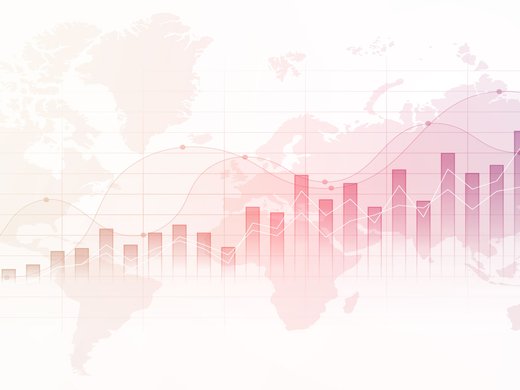IMF Managing Director Christine Lagarde said the thing she will remember about the Hangzhou G20 Summit was the ballet. It was a pretty fantastic interpretation of Swan Lake. My favourite part was watching the ballerinas literally dance across the water. Lagarde said she liked the computer-generated effects that turned one dancer into dozens. Let’s take Lagarde’s word for it; she had a front-row seat, while I watched on television.
But you can take my word on this: if Lagarde’s best memory of the 2016 G20 summit is the gala that Chinese President Xi Jinping put on for his guests on the night of September 4, then the meeting accomplished little of substance. Lagarde arrived in Hangzhou with a call for leaders to get serious about persistently weak economic growth. What she got instead was a good night out with some of her friends.
It would be unfair to condemn China’s first G20 summit as a failure. The event was supremely organized; perhaps too supremely, as vast stretches of the city were emptied of its inhabitants. At the table, Xi may have smothered the last echo of austerity. “We are using fiscal policy flexibly and making tax policy and public expenditure more growth-friendly, by prioritizing high-quality investment, while enhancing resilience and ensuring debt as a share of GDP is on a sustainable path,” the communique said. If leaders had formed that consensus sooner, the global economy probably would be in better shape. The statement acknowledges that it will take more than balanced budgets and low interest rates to lure private investors off the sidelines.
China’s leader also initiated what could become an important discussion on innovation. A decrease in productivity gains is one of the forces blocking faster growth. No one is entirely sure what has happened to productivity, but every economist agrees that a jump in innovation would bring it back to life.
Parts of the G20 statement read like they came from a conclave of entrepreneurial evangelists. The G20 promised to “analyze new drivers of growth, open up new horizons for development, lead the way in transforming our economies in a more innovative and sustainable manner and better reflect shared interests of both present and coming generations.” (The only thing missing from that paragraph was the exclamation mark!) Leaders published a Blueprint on Innovative Growth, which could serve as list of best practices. That could prove useful since essentially every country on the planet now is trying to breed unicorns, the name given to startups when their valuations reach $1 billion. So could, I suppose, the New Industrial Revolution Action Plan aimed at state-of-art manufacturing. But one also could argue the G20 was getting carried away at this point. “We commit to deliver pro-innovation strategies and policies,” the statement said. The rest of us can hope.
But ultimately, the Hangzhou summit represents another missed opportunity to do something meaningful for the economy in the short term. The G20 said the recovery is “progressing,” while the IMF said before the meeting that there is real danger that the economy is set to suffer from slow growth rates for a “long time.” Leaders said they are making “further progress” toward the implementation of the structural reforms they promised in Brisbane in 2014, when the G20 said it would increase its collective gross domestic product by 2 percent by 2018. The IMF said in its summit note that so little had been done that the 2018 target likely now is out of reach. The G20 acknowledge that “more needs to be done” and introduced a Hangzhou Action Plan with fresh measures. Recent history advises against high expectations.
The other thing the G20 failed to do was make a connection with its public. The group indicated they understood there was a need to counter Trumpism and the forces that led to Brexit, but fell far short of anything that resembled a common front. As Tristram Sainsbury, a research fellow at the Lowy Institute noted, Xi’s severe security demands forced leaders to retreat to their hotels immediately after the summit if they wanted to both address their local press and make their flights out of Hangzhou.
So at a time when the world is pulling apart, the leaders huddled with their own flocks and then went home. A curious public could go to YouTube and check out the G20 leaders in fine dress taking in an exclusive performance that would have been beyond reach of any common citizen.
On second thought, maybe Xi should just go ahead and take down that video? The public is angry enough at its elite already.


